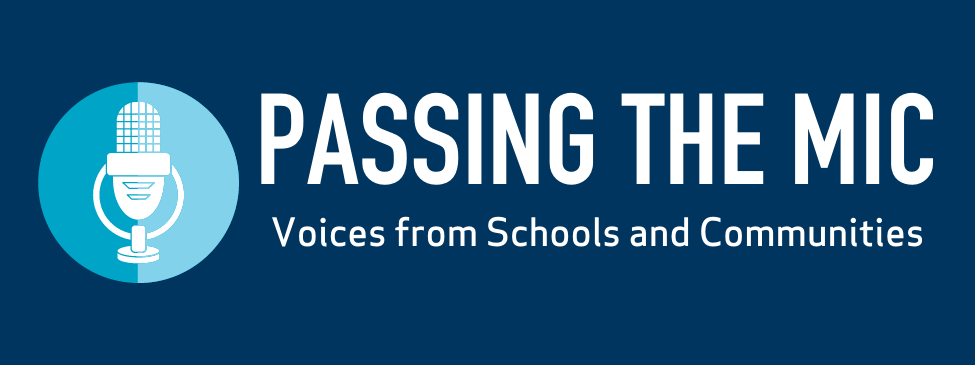Our new video series, Passing the Mic, features candid conversations with education leaders from across the country about what’s working, what’s not, and what we still don’t know about ensuring students get the educational opportunities they deserve during this uniquely challenging moment.
Although a majority of our nation’s public school students identify as people of color, less than 20% of teachers are people of color—and only 2% are Black men. Some public schools don’t have a single teacher of color. This is despite evidence that a diverse workforce of talented teachers is good for all children, schools, and communities.
In this conversation, Dr. Jack Perry sits down with several Black educators to discuss the necessity of Black teachers in today’s classrooms and why it’s not enough to just recruit Black teachers—we have to do the work to retain them, too.
You can watch the entire conversation below or here and find previous episodes of Passing the Mic here.








